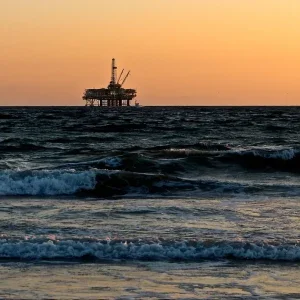Under the terms of the partnership, the Swiss energy and commodities company will offer an undisclosed amount of funding to Quantafuel. This will enable Vitol to become the only marketer of the low-carbon fuel produced by the Norwegian company’s recycling plants.
Quantafuel is claimed to use a highly efficient process and technology to convert plastic waste into mainly diesel.
Currently, the company is constructing its first commercial production facility in Europe in Denmark, which is anticipated to begin operations in the fourth quarter of this year. The synthetic low-carbon fuel producer will construct its second European plant in Norway, which is slated to be completed next year.
The Danish and Norwegian plants will have a combined capacity of 120 tonnes of waste plastic converted into 80 tonnes of low-carbon fuel per day. Vitol expects these volumes to double within two years of operation.
Quantafuel is expected to construct some more plants in Europe, including a 300-500 tonnes per day waste plastic facility in partnership with Vitol. It is also assessing several potential production locations across the UK.
Quantafuel CEO Kjetil Bøhn said: “We believe that the best way to handle the growing environmental challenge with plastic waste, is to transform it into low-carbon fuel in a financial, sustainable way, and we have chosen to enter into a partnership with Vitol because they provide us with the best platform to rapidly deploy production capacity on a global scale.”
According to Vitol, about 12-14% of the 25 million tonnes of plastic waste a year in Europe is recycled. The majority of the plastic waste otherwise goes to landfills or incineration, and nearly 500,000 tonnes are leached into the oceans every year, said the Swiss firm.
Vitol director Chris Bake said: “Waste plastic is a problem in all societies, we are delighted that our partnership with Quantafuel will enable waste product to be reused constructively as part of the energy mix.”






